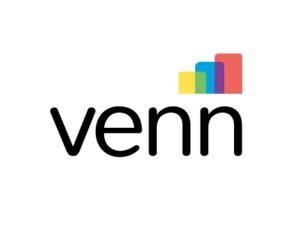— Jonathan Dunnett
When I was working at Apex Industries, I had an opportunity to learn a lot about doors.
For those of you that don't know, Apex Industries, headquartered in Moncton, N.B., is one the leading manufacturers globally for a number of items, including security doors. More specifically, they do some fascinating work with bullet-resistant doors and windows.
Canadian Embassy in Rome. Credit Apex Industries
Now, the more I learned about the doors, the more I came to understand about the incorporation of the door as part of a larger system of security and protection. You have physical security (like the doors, thick walls, multiple layers to protect assets, etc.), network security (think the cyber side of things) and then those that might have involvement of both, like electronic access control and surveillance cameras.
The entire point of all of these mechanisms in a building is to protect what is important. It's not just one specific component that makes this building secure, but it's the planning, layering, ordering and fail-safes that allow these components to work together to make a building inherently safe.
Now, take a second and consider this: think of your organization as a building. For your organization to work well, there are a lot of components that have to work together (just like the building) to ensure safety and security.
The information that you have inside your organization that is held by everyone from the person at the front desk all the way to the CEO can compromise your organization and its strategy. Having a plan in terms of how you handle your information and knowledge management processes is an important component of a larger strategy and competitive intelligence practice.
Your "building" has to be tight. You have to understand points of vulnerability: what will you say to customers? Suppliers? Competitors? More importantly, what will you NEVER disclose? What are you already disclosing in conversations, on your LinkedIn profile, or even on your website? Not that you have to be tight-lipped about everything, either. However, what are those 2-3 things that are strictly internal and should never be disclosed?
When you have professionals on the other side who specialize in understanding information, strategy and competitive intelligence, you might see that you are exposing a great deal more than you think. Yes, in isolation, one or two pieces of information is just that. Yet, when you put together a larger picture, you begin to gain actionable insights that you can take against your competitors in the market - and that goes both ways.
If you’re not sure how to approach this, please connect with me. We’re offering training to help you on matters like this to help you grow.
So, how secure is your door?


